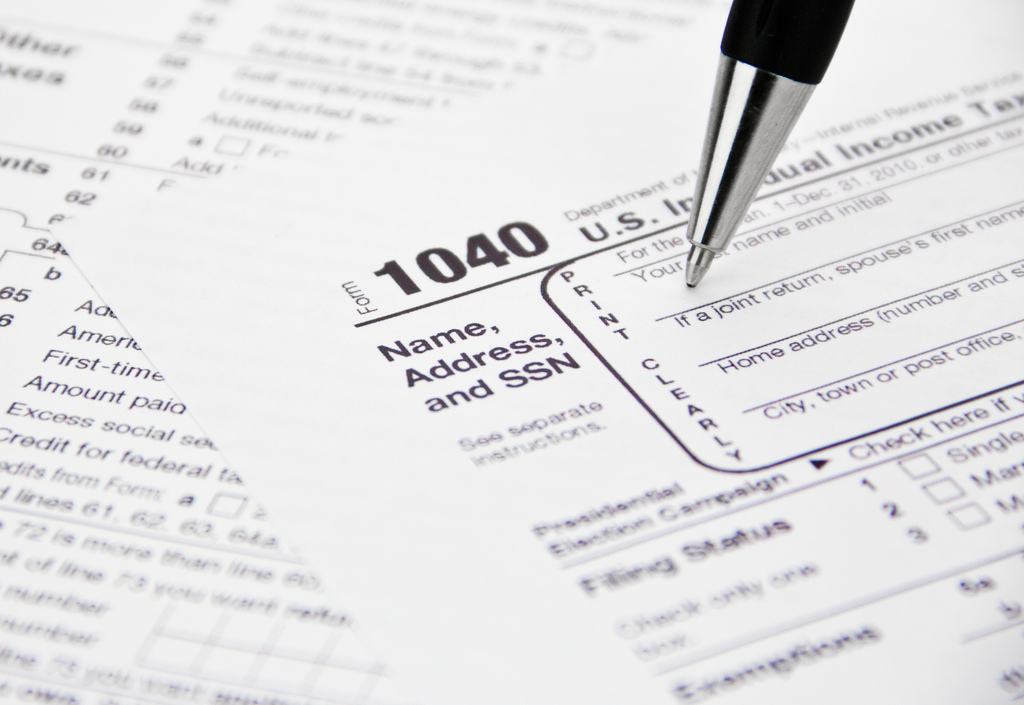I have often shared that understanding taxes is the way toward accumulating greater personal wealth. The changing landscape of the US tax code continues to create tailwinds for the business owner because when it comes to earned income, the amount you make may be less important than how you make it. Allow me to explain.
I use to own a documentation and training company. Some of my workers were employees and some were contractors. Regardless of their status as an employee or an independent contractor, they each earned about the same rate of pay for the same type of work after you accounted for wages and benefits. The biggest difference is that one got a tax break and the other didn’t. While the independent contractor has always been able to claim tax deductions that the employee could not, the income tax playing field has tilted even more in favor of the independent contractor who structures their business properly and the business owner starting in 2018.
As I explained in Graduated Income Tax Accelerates Wealth Divide the more affluent among us make their money by making investments and not from earned income. The heavy tax penalty on earned income made it advantageous to earn their income from investments which are taxed at a lower rate. The changes to the US tax code that started in 2018 added, even more, fuel to this fire as it potentially further reduced the taxes paid by business owners in the belief that allowing business owners to keep more of their income will give them the means to grow their business.
The graduated income tax rate applied to employee wages and salaries has remained virtually the same with only minor adjustments made to appease the voting public. On the other hand, the government has substantially decreased income taxes from pass-through entities and corporations. Therefore, taxes on wages are now higher than taxes on some income earned by business owners.
“We’ve never had a tax system where wage earners were substantially penalized relative to other types of income earners,” said Adam Looney, a senior fellow at the Brookings Institution and a former Treasury Department official.
The plumber and the store clerk now pay markedly higher income taxes as compared to the owner of the plumbing company and the retail store. The corporate accountant will have a higher tax rate than the partners in an accounting firm. Being a business owner got a lot less painful from a tax perspective after 2018. Moreover, the elimination of some personal deductions such as local and state taxes for the individual are still valid deductions for the business thereby making it even more advantageous to be a business owner vs an employee.
The more the tax code distinguishes between the different types of income, the more the tax-savvy individual will search for the lowest rates. Because the marginal income tax rate for an employee is higher than the income tax rate for a pass-through entity, the most common form of business, it makes more sense than ever for employees to switch from salaried work to becoming a freelancer to take advantage of the lower tax rates. However, you should consult your tax accountant before quitting your job to make sure you create the proper business structure to take advantage of the 2018 Tax Reform for Economic Growth and American Jobs.
According to a 2019 report on freelancing in America, 57 million Americans or 35% of the workforce derived some bit of income from freelancing. Based on the tax changes that began in 2018, expect that number to increase in the coming years drastically. However, as more and more Americans continue to derive their income from starting new businesses or becoming freelancers, the demand for resources and mentors able to assist the new owners with developing their business acumen will take on more significance.
Is it time for you to consider business ownership to preserve more of your income? Where will you get your business advice from?












